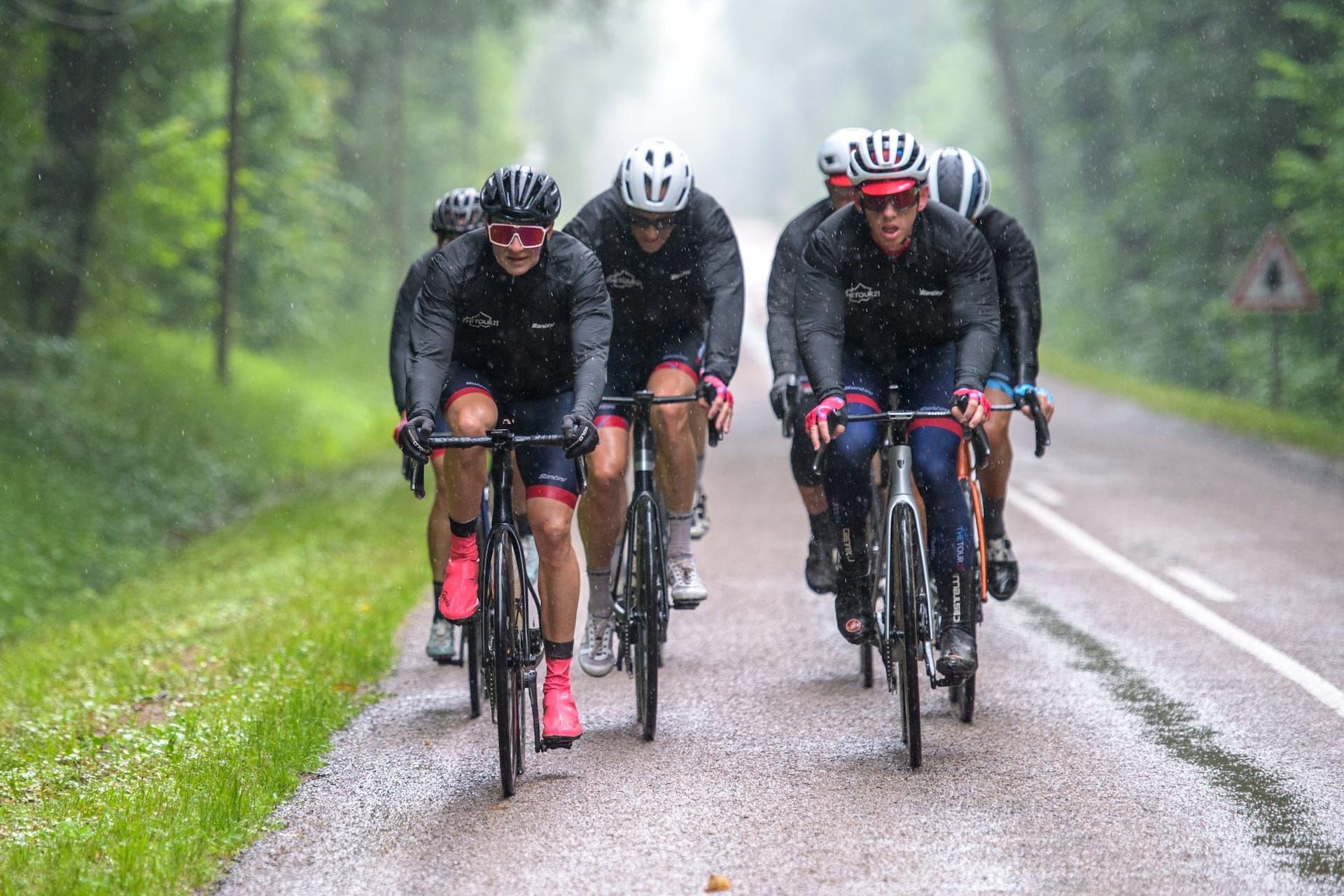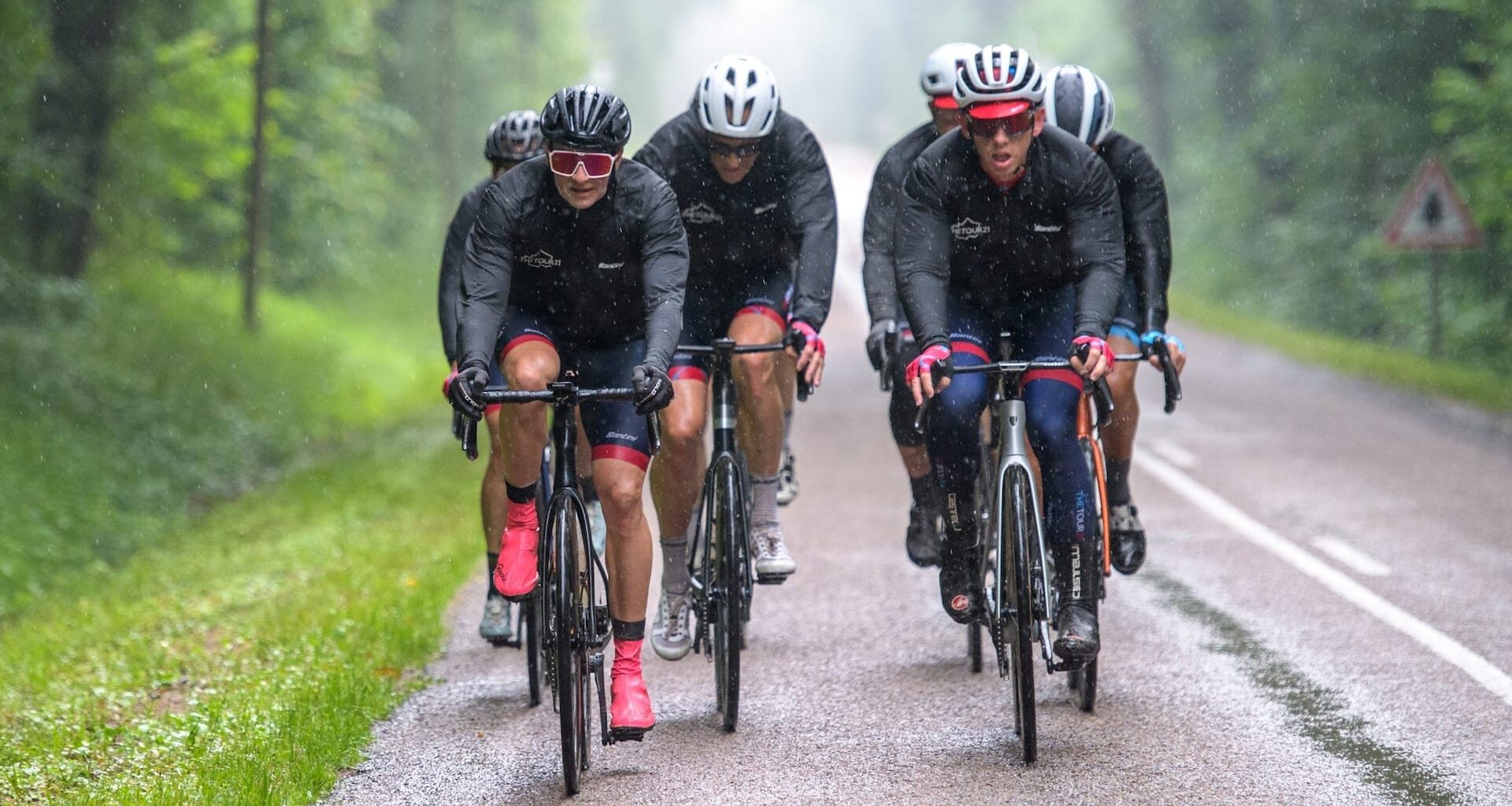
Here’s what happens when a bunch of undertrained amateurs try to ride 3,500 km in three weeks.

Have you ever sat and watched the Tour de France and wondered how hard it would be to ride the same route as the professionals? Ever wondered what three weeks of riding across France would do to your body, and to your mind?
If so, you’re certainly not alone. And now, thanks to some new research out of Nottingham in the UK, we might even be able to answer some of those questions.
The study
There’s been plenty of research over the years looking at the physical demands of Grand Tour racing for professional cyclists. There’s been far less research – if any – looking at what sort of impact three weeks of riding the same distances and climbing volumes would have on amateurs. That’s not unsurprising – few riders would willingly ride 3,500 km with nearly 50,000 metres of climbing in three weeks. But some riders are willing, including a group of 16 riders – 15 males, one female – who rode every stage of the 2021 Tour de France route a week ahead of the pros.
Those riders, part of the 2021 Tour 21 charity ride (organised by British blood cancer charity Cure Leukaemia), provided all sorts of data to help researchers understand the impact of the ride. The results were recently published in the Journal of Science and Cycling in a paper entitled “The physiological and psychological demands of amateur cyclists riding the full route of the Tour de France”.
There were two main goals to the research: determine the event’s impact on the riders’ physical and mental health over the 21 stages, and compare the physical demands of that amateur event with the demands on pro cyclists competing in an actual Grand Tour.
This post is for paying subscribers only
Subscribe now
Already have an account? Sign in
Did we do a good job with this story?
👍Yep
👎Nope
